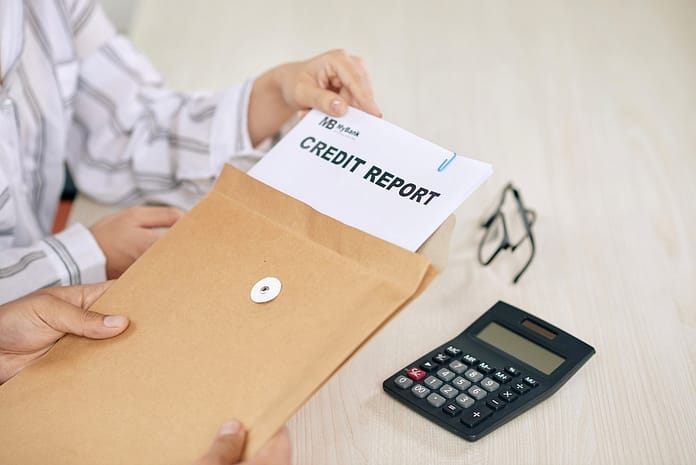Your credit report is one of the most important documents in your financial life. It contains a wealth of information about your credit history, including your payment history, credit utilization, and account balances. Lenders, landlords, and other organizations use your credit report to evaluate your creditworthiness and determine whether you are a good candidate for a loan, credit card, or other financial product.

In this article, we’ll take a closer look at why your credit report is so important and how you can obtain a copy of your report.
Why Your Credit Report Matters
Your credit report is important for several reasons. First, it is used by lenders to determine your creditworthiness. If you have a low credit score or a history of missed payments, lenders may be hesitant to extend credit to you. On the other hand, if you have a high credit score and a history of responsible credit use, lenders are more likely to offer you favorable terms and lower interest rates.
Your credit report is also important for other reasons. For example, landlords may use your credit report to determine whether you are a responsible tenant. Insurance companies may use your credit report to evaluate your risk and determine your premiums. Employers may even use your credit report as part of a background check when making hiring decisions.
How to Get a Copy of Your Credit Report
Under federal law, you are entitled to one free credit report from each of the three major credit bureaus (Equifax, Experian, and TransUnion) every year. You can obtain your free credit report by visiting AnnualCreditReport.com, which is the only authorized website for obtaining free credit reports.
When you request your credit report, you will need to provide some basic information, such as your name, address, and Social Security number. You may also be asked to answer some security questions to verify your identity.
Once you have obtained your credit report, it’s important to review it carefully to ensure that the information it contains is accurate and up-to-date. If you notice any errors or inaccuracies on your credit report, you should contact the credit bureau to dispute the information.
In addition to obtaining your free credit report, you can also sign up for credit monitoring services. These services will monitor your credit reports for any changes or suspicious activity and alert you if anything is detected.
Conclusion
Your credit report is a critical document in your financial life. It is used by lenders, landlords, and other organizations to evaluate your creditworthiness and determine whether you are a good candidate for a loan, credit card, or other financial product. It’s important to review your credit report regularly to ensure that the information it contains is accurate and up-to-date. By doing so, you can help protect your credit score and ensure that you are getting the best possible terms on any credit or financial products you apply for. Do you have any questions about obtaining or reviewing your credit report?


